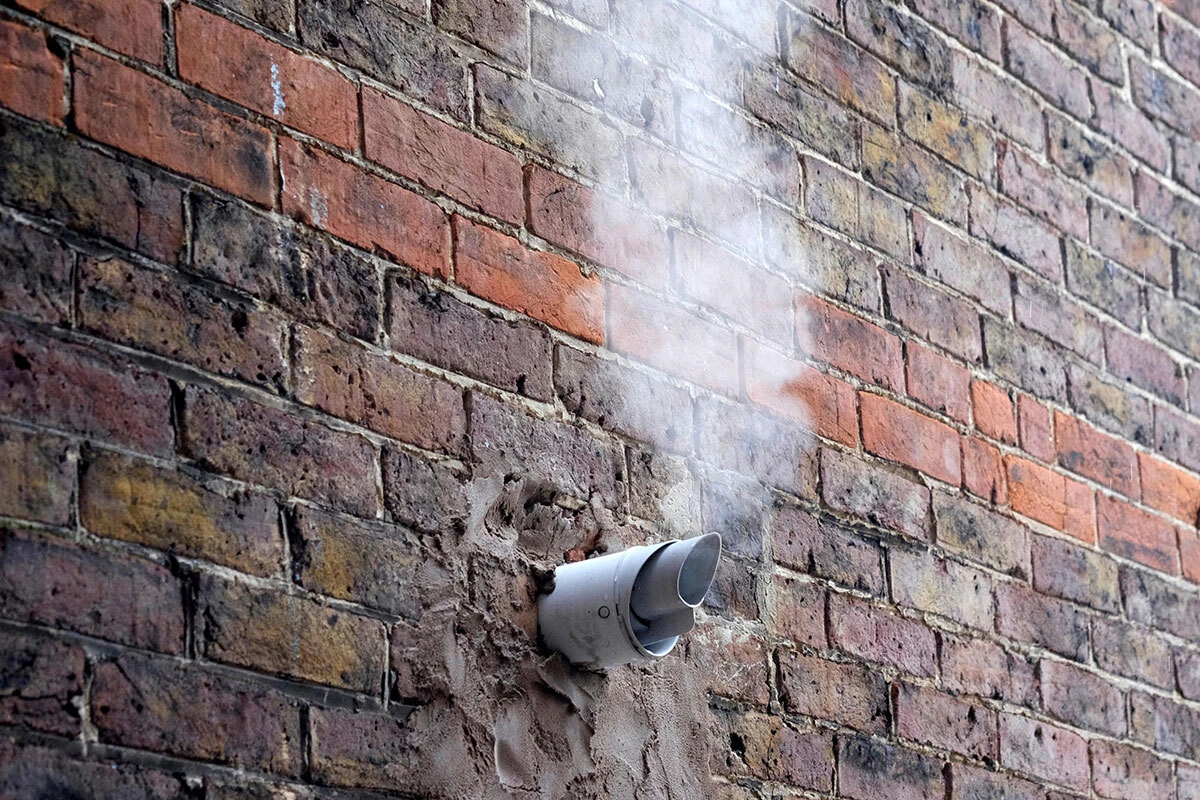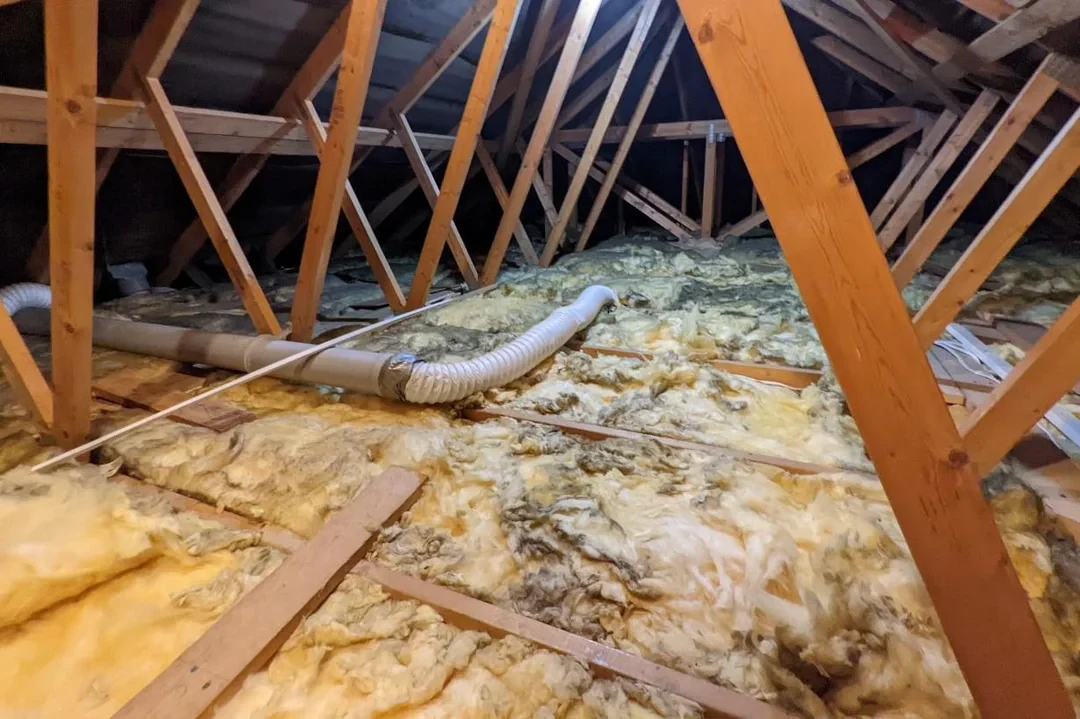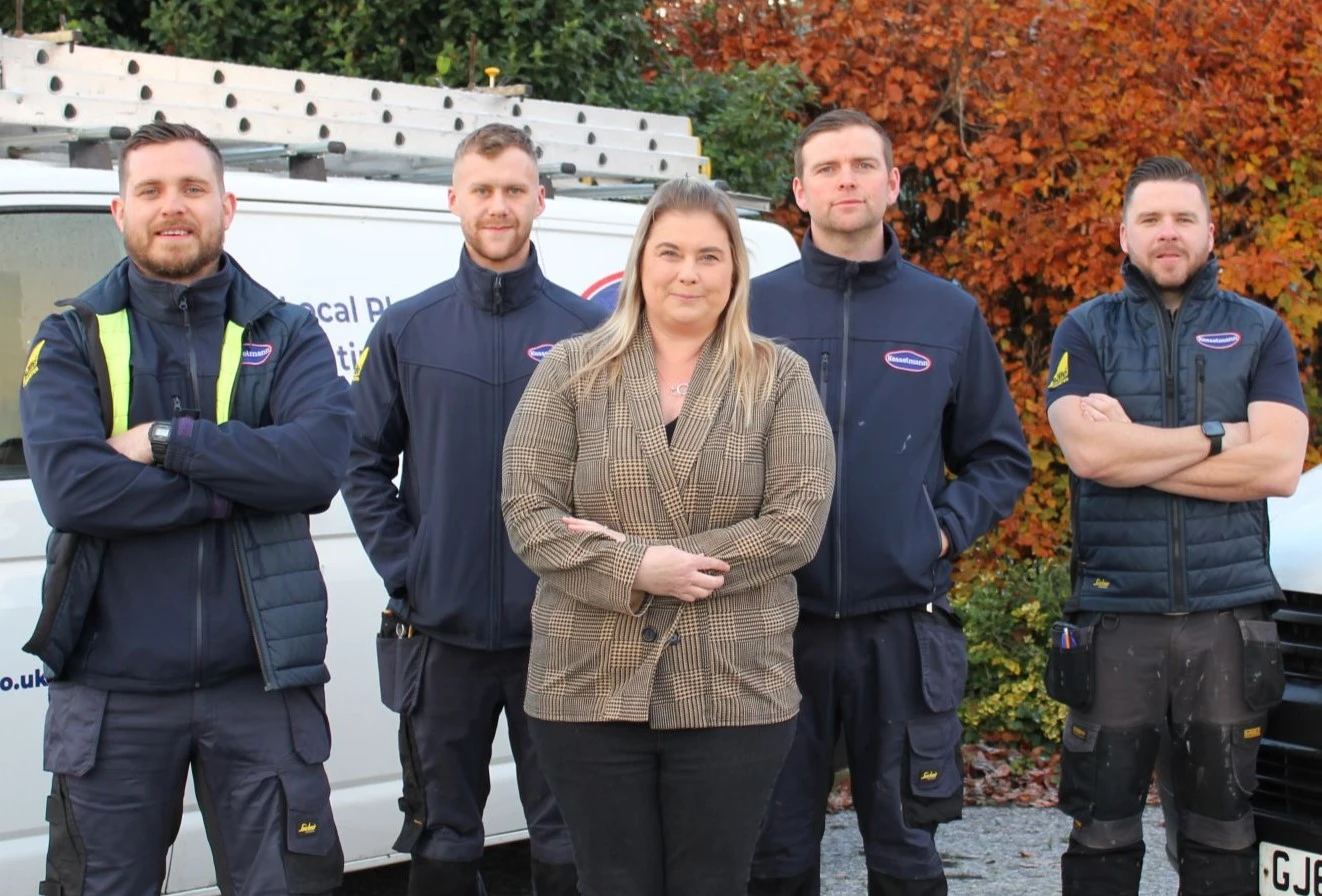17/08/2024
Contents
- Who is Responsible for Repairing Boilers?
- What Qualifications Do Plumbers Have?
- What Qualifications Do Heating Engineers Have?
- Do Plumbers Have Gas Qualifications?
- Do Heating Engineers Have Plumbing Qualifications?
- Why Do Plumbers and Heating Engineers Have Overlapping Qualifications?
- What Types of Boiler Issues Can Plumbers Fix?
- What Types of Boiler Issues Can Heating Engineers Fix?
- When Should You Call a Plumber for Boiler Repair?
- When Should You Call a Heating Engineer for Boiler Repair?
- Cost Differences Between Plumbers and Heating Engineers
- How to Find a Qualified Plumber or Heating Engineer
- Frequently Asked Questions
When your boiler breaks down, it can be challenging to know who to call—should it be a plumber, a gas engineer, or a heating engineer? Understanding the qualifications and expertise of each professional is essential in ensuring your heating system is repaired safely and efficiently. This article will help you understand the roles of these professionals, what kind of boiler issues they can address, and guide you in choosing the right expert for your needs.
The Different Roles: Plumber, Heating Engineer, and Gas Engineer
Plumber:
Plumbers are primarily known for installing and repairing water systems in homes, including bathrooms, radiators, kitchen sinks, taps, toilets, and showers. Some plumbers also have gas qualifications, enabling them to work on gas appliances, but their primary focus is on water-related systems.
Heating Engineer:
Heating engineers specialise in the installation, repair, and maintenance of heating systems, including boilers and central heating systems. Their work is more specialised compared to plumbers, focusing on heating systems only.
Gas Engineer:
Gas engineers are experts in working with gas appliances, including boilers, gas fires, cookers, and wall heaters. They are required to be registered with the Gas Safe Register, which is a legal requirement for anyone working on gas systems in the UK. Their role is crucial in ensuring gas appliances are installed and maintained in accordance with safety regulations.
Plumbing & Heating Engineer:
This role combines the skills of both plumbers and heating engineers. These professionals are versatile, handling everything from installing a new bathroom to servicing a boiler.
Gas Fitter/Installer:
A gas fitter or installer is responsible for fitting new gas appliances, such as boilers and gas fires, ensuring they are safely and correctly installed.
The Overlapping Roles in Practice
In reality, many tradespeople wear multiple hats, especially those who are self-employed or run their own businesses. It’s common to find a professional who installs a radiator one day, repairs a boiler the next, and services a gas fire the following day. This flexibility allows them to offer a comprehensive service, which can be particularly beneficial for homeowners.
A good boiler repair specialist will have extensive knowledge of gas, plumbing, and heating systems, as these areas often overlap in their work.
Who is Responsible for Repairing Boilers?
In the UK, boiler repairs are typically handled by skilled tradespeople such as plumbers and heating engineers who hold the necessary gas qualifications. With the increasing complexity of central heating systems, the demand for certified professionals has grown, as has the importance of regular maintenance and specialist services.
What Qualifications Do Plumbers Have?
Plumbers in the UK must undergo extensive training and certification to ensure they are qualified for the job. Key qualifications include:
NVQ Level 2 and 3 in Plumbing and Heating: Covering basic and advanced plumbing skills, health and safety, and installation methods.
City & Guilds Diplomas: Providing foundational and advanced knowledge in plumbing and heating.
Gas Safe Register: Essential for plumbers who work with gas appliances. They must complete additional training and be registered to work legally on gas systems.
Apprenticeship Programs: Combining on-the-job training with formal education, leading to NVQ qualifications.
What Qualifications Do Heating Engineers Have?
Heating engineers hold specialised qualifications that focus on heating systems. These include:
Gas Safe Registration: A legal requirement for any engineer working with gas appliances.
Specific Boiler Manufacturer Training: Engineers often undergo training with boiler manufacturers to gain in-depth knowledge of different boiler models, ensuring they can service and repair them effectively.
Do Plumbers Have Gas Qualifications?
Yes, many plumbers today also possess gas qualifications. This dual qualification allows them to handle a wide range of tasks, from plumbing repairs to working on gas appliances like boilers. This versatility is beneficial for homeowners, as it means they can rely on a single professional for both plumbing and gas-related issues.
Do Heating Engineers Have Plumbing Qualifications?
While not universally required, some heating engineers also hold plumbing qualifications. This can enhance their ability to manage tasks that overlap between heating and plumbing systems, providing a more comprehensive service to clients.
Why Do Plumbers and Heating Engineers Have Overlapping Qualifications?
The overlapping qualifications stem from the interconnected nature of plumbing and heating systems. Modern heating systems often require knowledge of both trades to be serviced effectively. This versatility allows professionals to troubleshoot a broader range of issues and improve response times, which ultimately enhances customer satisfaction.
What Types of Boiler Issues Can Plumbers Fix?
Plumbers can handle a variety of boiler issues, including:
Water Leaks: Diagnosing and fixing leaks in the system.
Pressure Problems: Adjusting and maintaining proper water pressure.
Faulty Thermostats: Recalibrating or replacing malfunctioning thermostats.
Sludge and Scale Buildup: Clearing blockages that can cause overheating or system failure.
What Types of Boiler Issues Can Heating Engineers Fix?
Heating engineers specialise in more complex boiler issues, such as:
Gas Leaks: Identifying and fixing dangerous gas leaks.
Boiler Breakdowns: Repairing boilers that have stopped working.
Pressure Fluctuations: Addressing issues that cause inefficient performance.
Heat Exchanger Problems: Dealing with corrosion or blockages.
Mechanical Issues: Fixing faulty components that cause unusual noises or erratic heating.
When Should You Call a Plumber for Boiler Repair?
You should call a plumber if you notice:
Water Leaks: Indicating possible damage to the boiler or pipes.
Unusual Noises: Such as banging or whistling, which could signal trapped air or a failing pump.
Sudden Drop in Water Pressure: Suggesting a potential problem with the system.
When Should You Call a Heating Engineer for Boiler Repair?
A heating engineer should be contacted for:
Gas Leaks: Any smell of gas or issues related to gas safety.
Complete Boiler Breakdowns: When the boiler stops working entirely.
Insufficient Heating: If the heating system fails to provide adequate warmth.
Cost Differences Between Plumbers and Heating Engineers
The cost of boiler repair services varies, with heating engineers typically charging higher fees due to their specialised training. Factors influencing the cost include:
Job Complexity: More complex repairs require more expertise and time.
Emergency Services: Urgent repairs often come with a premium charge.
Location: Geographical location can affect service rates.
Experience Level: Highly experienced professionals may charge more.
How to Find a Qualified Plumber or Heating Engineer
To find a qualified professional for boiler repairs:
Check the Gas Safe Register: Ensure the professional is legally qualified to work on gas systems.
Seek Recommendations: Ask friends, neighbours, or local businesses for trusted referrals.
Read Online Reviews: Look for feedback from previous customers to gauge reliability and quality of service.
Frequently Asked Questions
Who fixes boilers?
The most qualified professionals are plumbers or gas/heating engineers.
Is a plumber qualified to fix a boiler?
Yes, many plumbers have both plumbing and gas qualifications, making them qualified to fix boilers.
What qualifications does a gas/heating engineer have?
A gas/heating engineer has specialised training in working with gas appliances and heating systems and is licensed to work with gas.
Can a plumber legally work on gas boilers?
No, a plumber must also have gas qualifications to legally work on gas boilers.
What kind of issues can a plumber fix on a boiler?
A plumber can fix leaks, water pressure issues, and faulty valves in a boiler.
Should I hire a plumber or a gas/heating engineer to fix my boiler?
It’s recommended to hire a gas/heating engineer, as they have specialised training in gas appliances and heating systems.













